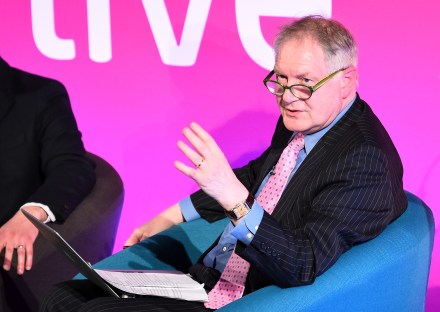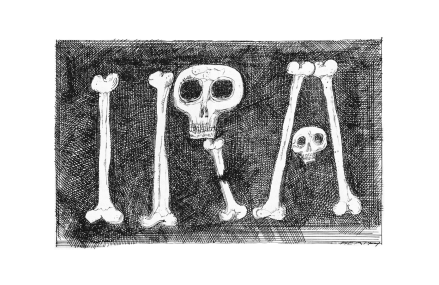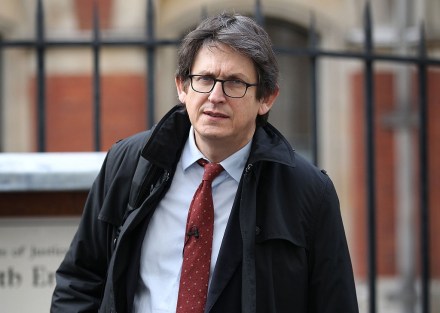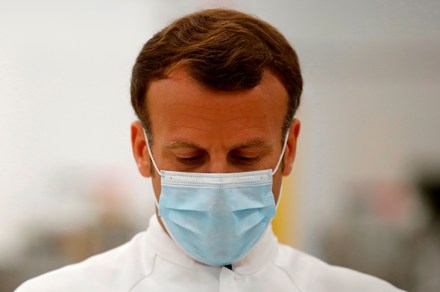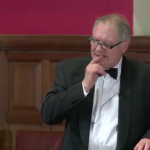The Guardian’s troubles with Roy Greenslade
Roy Greenslade’s confession last month that he was a dedicated supporter of the IRA during the Troubles has not gone down well on Fleet Street. Greenslade secretly wrote for the republican newsletter An Phoblacht and provided bail surety for an IRA man accused of involvement in the 1982 Hyde Park bombing. He wrote in the Sunday Times three weeks ago that he was in ‘complete agreement about the right of the Irish people to engage in armed struggle’, adding: ‘I supported the use of physical force.’ The backlash from journalists and victims of the IRA alike caused Greenslade to resign his post as honorary visiting professor of journalism at City,
